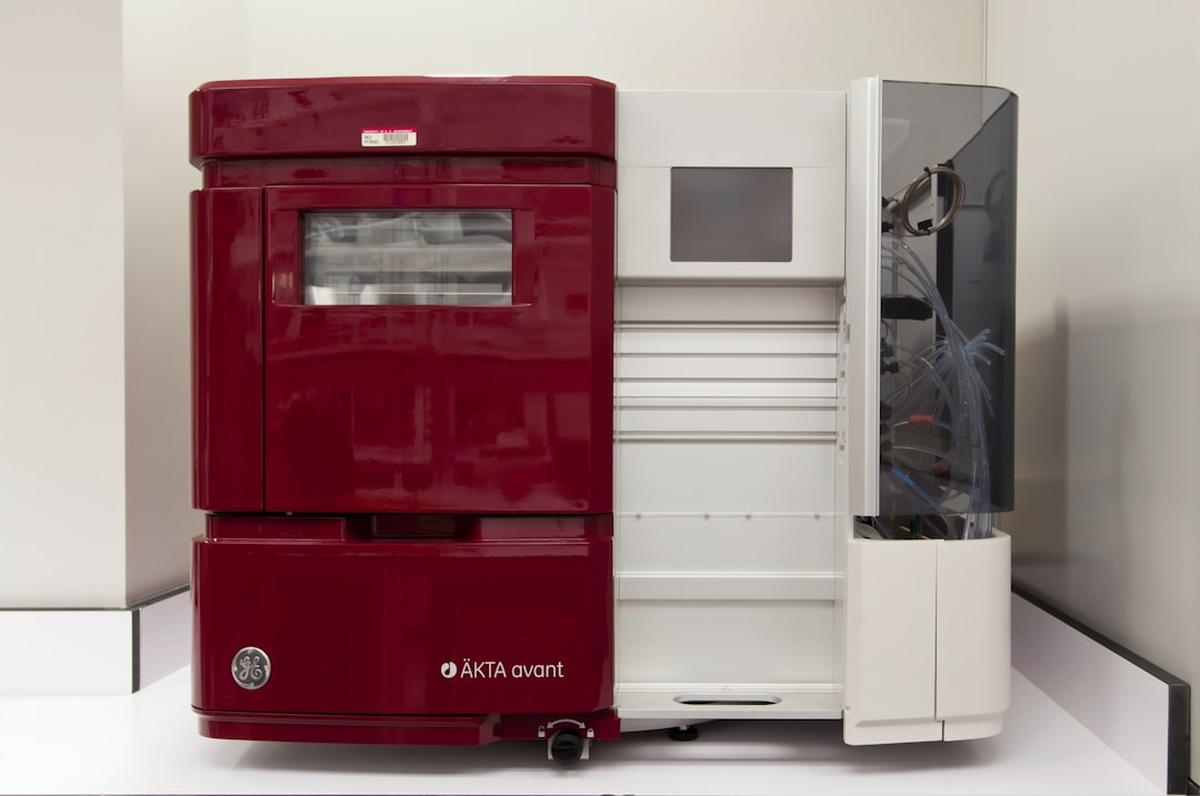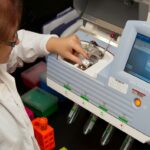In the vast realm of microbiology, viruses hold a unique position. They are minuscule infectious agents that exist on the boundary between life and non-life. Their simple structure, composed of genetic material encased in a protein shell, belies their complex behavior and the profound impact they can have on their hosts. Viruses can be broadly categorized into two types: DNA and RNA viruses, based on the type of genetic material they carry. This article delves into the intriguing world of DNA viruses, exploring their propensity for mutation and the implications of these genetic changes.
Understanding DNA Viruses
DNA viruses, as the name suggests, are viruses that use DNA as their genetic material. These viruses replicate using a DNA-dependent DNA polymerase, an enzyme that synthesizes a new DNA strand from a DNA template. DNA viruses include some of the most well-known and widely studied viruses, such as the herpes simplex virus, the hepatitis B virus, and the human papillomavirus.
Common types of DNA viruses include Herpesviridae (herpes viruses), Hepadnaviridae (hepatitis B virus), and Papillomaviridae (human papillomavirus). Each of these virus families has distinct characteristics and can cause a range of diseases in humans, from mild infections to severe illnesses like cancer.
The Mutation Process in Viruses
Mutation, in the context of viruses, refers to changes in the virus’s genetic material. These changes can occur due to errors during replication, exposure to certain chemicals or radiation, or other factors. The mutation process is a key driver of viral evolution, allowing viruses to adapt to new environments, evade the host’s immune response, and potentially increase their virulence.
Factors influencing virus mutation include the fidelity of the viral replication machinery, the rate of viral replication, and the selective pressures exerted by the host’s immune system. In general, viruses with high replication rates and low fidelity replication machinery tend to have higher mutation rates.
Mutation Rates in DNA Viruses
The mutation rate in DNA viruses is generally lower than that in RNA viruses. This is primarily due to the presence of proofreading mechanisms in DNA-dependent DNA polymerases, which can correct errors during replication. However, DNA viruses can still mutate, and these mutations can have significant effects on the virus’s behavior and the disease it causes.
When comparing mutation rates, RNA viruses typically have higher rates due to the lack of a proofreading mechanism in RNA-dependent RNA polymerases. However, this does not mean that RNA viruses are necessarily more dangerous or harder to control than DNA viruses. The impact of a virus on human health depends on many factors, including its virulence, transmissibility, and the effectiveness of the host’s immune response.
Examples of DNA Virus Mutations
To illustrate the concept of DNA virus mutation, let’s consider two case studies: the herpes simplex virus and the hepatitis B virus.
The herpes simplex virus, which causes cold sores and genital herpes, has a relatively low mutation rate. However, mutations can still occur and can lead to antiviral resistance, particularly in immunocompromised patients.
On the other hand, the hepatitis B virus, which can cause chronic liver disease and liver cancer, has a higher mutation rate for a DNA virus. This is due to the virus’s unique replication mechanism, which involves an RNA intermediate. The high mutation rate of the hepatitis B virus contributes to the virus’s ability to persist in the host and evade the immune response.
Impact of DNA Virus Mutation
DNA virus mutation can have various effects on virus infectivity and virulence. Some mutations may increase the virus’s ability to infect host cells or evade the immune response, potentially leading to more severe disease. Other mutations may decrease the virus’s fitness, making it less able to replicate and spread.
The implications of DNA virus mutation extend beyond the individual level, influencing disease progression and treatment strategies at the population level. For example, the emergence of antiviral-resistant strains can complicate treatment efforts and lead to more severe outbreaks.
The Role of DNA Virus Mutation in Vaccine Development
DNA virus mutation poses significant challenges for vaccine development. Vaccines work by training the immune system to recognize and respond to specific viral proteins. If these proteins change due to mutation, the vaccine may become less effective.
However, scientists are developing strategies to overcome these challenges. One approach is to design vaccines that target conserved regions of the virus, which are less likely to mutate. Another strategy is to use whole virus vaccines, which expose the immune system to multiple viral proteins and can provide broader protection.
Current Research on DNA Virus Mutation
Recent research on DNA virus mutation has provided valuable insights into the factors influencing mutation rates and the consequences of these genetic changes. For example, studies have shown that the mutation rate can vary widely among different DNA viruses and can be influenced by factors such as the virus’s replication strategy and the host’s immune response.
Looking forward, DNA virus mutation research will continue to play a crucial role in our understanding of viral diseases and our efforts to control them. By studying how DNA viruses mutate, we can develop more effective vaccines and antiviral drugs, predict the emergence of new viral strains, and improve our responses to viral outbreaks.
In Summary
In Summary, DNA viruses do mutate, albeit at a slower rate than RNA viruses. These mutations can have significant effects on the virus’s behavior and the disease it causes, influencing everything from disease severity to vaccine effectiveness. As we continue to explore the complex world of DNA virus mutation, we will undoubtedly uncover new insights that will help us combat viral diseases and improve public health.
Frequently Asked Questions
What is a DNA virus?
A DNA virus is a virus that uses DNA as its genetic material. These viruses replicate using a DNA-dependent DNA polymerase.
Do DNA viruses mutate?
Yes, DNA viruses can mutate, although their mutation rate is generally lower than that of RNA viruses due to the presence of proofreading mechanisms in DNA-dependent DNA polymerases.
Why do viruses mutate?
Viruses mutate due to errors during replication, exposure to certain chemicals or radiation, and other factors. These mutations can help the virus adapt to new environments, evade the host’s immune response, and potentially increase its virulence.
How does DNA virus mutation affect disease progression and treatment?
DNA virus mutation can affect disease progression and treatment by altering the virus’s infectivity and virulence, leading to the emergence of antiviral-resistant strains, and affecting the effectiveness of vaccines.
What strategies are being used to develop vaccines against mutating DNA viruses?
Strategies for developing vaccines against mutating DNA viruses include targeting conserved regions of the virus that are less likely to mutate and using whole virus vaccines that expose the immune system to multiple viral proteins.
What is the focus of current research on DNA virus mutation?
Current research on DNA virus mutation focuses on understanding the factors influencing mutation rates, the consequences of these genetic changes, and the development of more effective vaccines and antiviral drugs.
References:
- Sanjuán, R., Nebot, M. R., Chirico, N., Mansky, L. M., & Belshaw, R. (2010). Viral mutation rates. Journal of virology, 84(19), 9733-9748.
- Duffy, S., Shackelton, L. A., & Holmes, E. C. (2008). Rates of evolutionary change in viruses: patterns and determinants. Nature Reviews Genetics, 9(4), 267-276.
- Lauring, A. S., & Andino, R. (2010). Quasispecies theory and the behavior of RNA viruses. PLoS pathogens, 6(7), e1001005.








